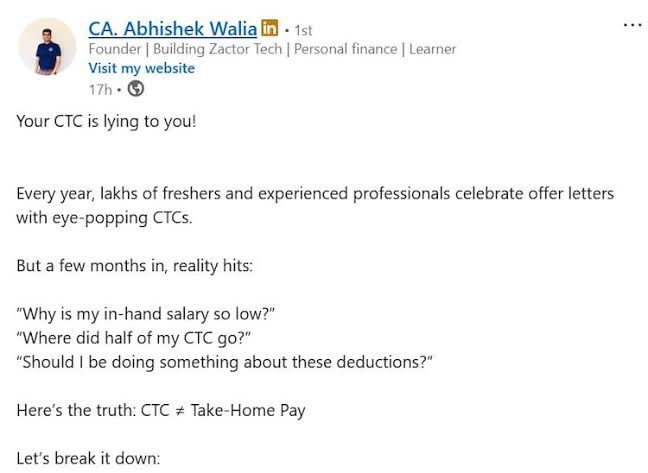 Image Source: Deccan Herald
Image Source: Deccan Herald
The Allahabad High Court has generated a national controversy with its latest comments that live-in relationships are "against the settled law in the Indian middle-class society," especially highlighting their ill impacts on women. The judge passed the comments while releasing on bail a man accused of sexual exploitation of a woman on the false promise of marriage—a case registered under the Bharatiya Nyaya Sanhita (BNS) and the Protection of Children from Sexual Offences (POCSO) Act.
Key Highlights
Court's Observation: Justice Siddharth added that although the Supreme Court legalized live-in relationships, the courts are getting flooded with such cases because such relationships are against the middle-class social values.
Impact on Women: The court again asserted that live-in relationships disproportionately harm women. Men are able to divert their focus and marry if such relationships fail, while women are not in a position to find a life partner due to the societal taboo.
Case Description: The comments were made during Shane Alam's bail hearing, who was accused of having a physical relationship with a minor on the promise that he would marry her and then refused to do so. The attorney of the complainant argued that she was "ruined" as societal norms would make future marriage opportunities impossible.
Social Issue: The court was surprised at the growing number of such cases and observed that the younger generation is prone to live-in relationships, but the outcome is seen in court cases and public backlash.
Bail Granted: In spite of its stern observations, the court granted the accused bail, mentioning his prolonged custody since February, absence of any previous criminal history, and prison overcrowding.
"Live-in-relationship is not for the womenfolk as a man can marry even after live-in-relationship. but it is difficult for the women to get a life partner after being separated." — Allahabad High Court Justice Siddharth
Context
The court's remarks have once again stirred up controversy regarding the tension between evolving legal recognition of relations and deeply entrenched cultural values in middle-class Indian society. The decision underscores ongoing tensions between new relationship choices and old-fashioned societal expectations, especially regarding gender roles and institution of marriage.
Source: Hindustan Times, Indian Express, Bar & Bench, LiveLaw, The New Indian Express
Advertisement
Advertisement





